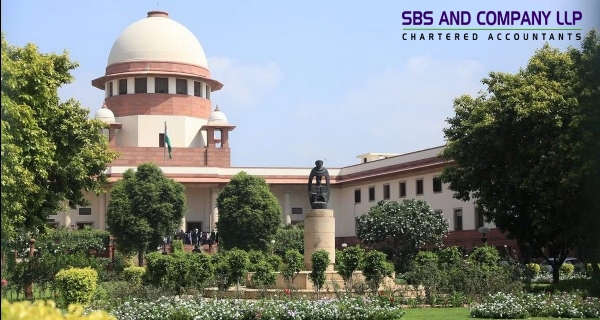- SBS AND COMPANY LLP
- Blog
- Hits: 8528
All About Recognized Provident Fund, Approved Superannuation Fund and Gratuity Fund - Part I
Contribution to recognized provident fund (‘RPF’) and/or approved superannuation fund (‘ASF’) are the most popular saving options being selected by the employees across the industries.
In addition to the above, it is very common that the employer makes payment to employee as gratuity. This is because, various tax deductions are available to the employer and the employee under the ITA[1] in respect of above payments.
In this article, we shall discuss the concept of RPF in detail from the perspective of ITA. Other two, namely ASF and Gratuity Fund will be covered in the subsequent parts.



-SC-upholds-Bombay-HC-Judgment in-A-N-Naik-Associates-Others.jpg)




